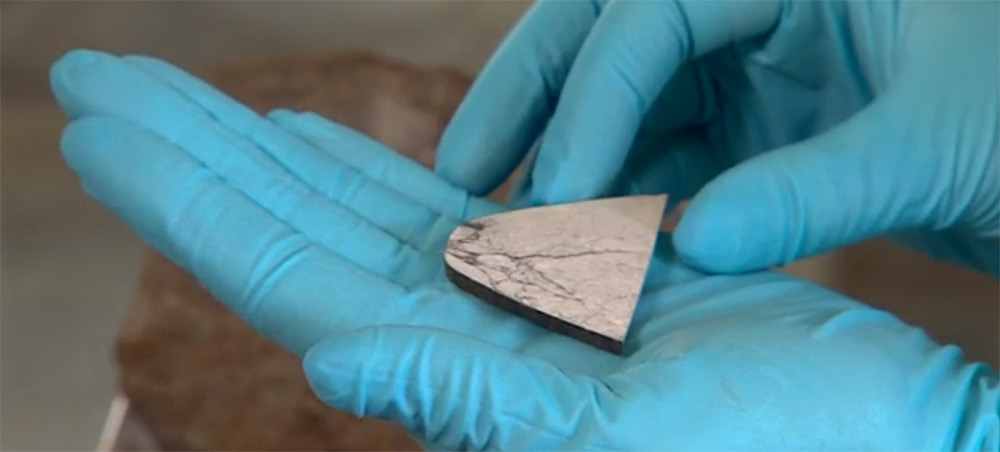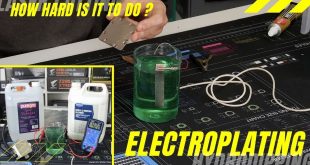Ever wondered where our moon came from? While we'll never know for sure – cameras were pretty rare 4.5 billion years ago – the general consensus is that another planet, named Theia, collided with the then “proto-Earth”, smashing huge chunks of both into space. Over time that debris coalesced in Earth's orbit to form what we know as the moon today. That theory has now been cemented a lot more, as German scientists believe they've discovered trace elements of Theia in moon rocks recovered from the Apollo missions.
This is a significant discovery, since it's the first real evidence to prove the existence of Theia – which was destroyed, absorbed and deflected by the impact. Regardlessof the existence of this other planet however, the Moon was always thought to be made of the same building blocks as an early Earth, so the fact that researchers at the University of Goettingen have found differences in Oxygen composition between moon rocks and Earth rocks, suggests the Theia impact did indeed take place.
What's surprising however, is that as different as the Earth and the potential Theia chemical fingerprints are, they're not too dissimilar. This is counter to the relationship seen between Earth and other planets like Mars, which have very distinct patterns. While some may argue that this would suggest the Theia theory is eroneous, others believe this could mean Theia was in-fact formed very close to Earth, which would have made an impact like this more likely, despite the enormity of space.
There are of course many other theories, as the BBC points out, with some suggesting Theia was larger or smaller or that the Earth spun much faster before the impact, all of which could, theoretically, have contributed to the similarities between the compositions of the Earth and the Moon.
Discuss on our Facebook page, HERE.
KitGuru Says: While theories might be right or wrong, the collection of new data is always an exciting prospect, as you never know what kind of ancient mystery it might unlock.
Image Source: BBC
 KitGuru KitGuru.net – Tech News | Hardware News | Hardware Reviews | IOS | Mobile | Gaming | Graphics Cards
KitGuru KitGuru.net – Tech News | Hardware News | Hardware Reviews | IOS | Mobile | Gaming | Graphics Cards



